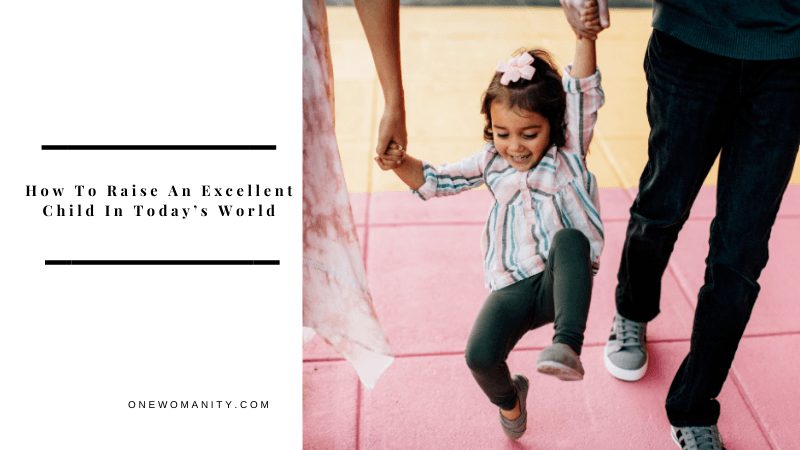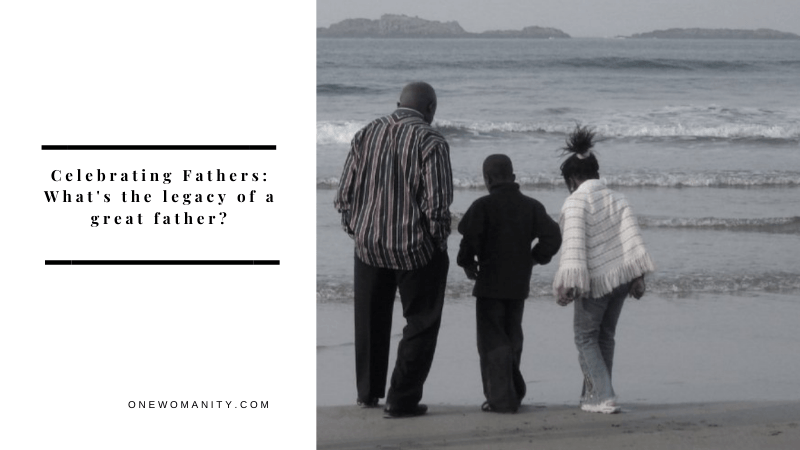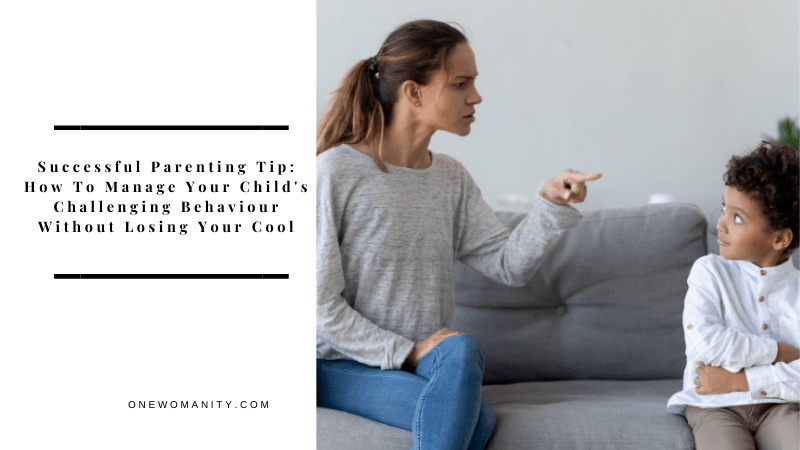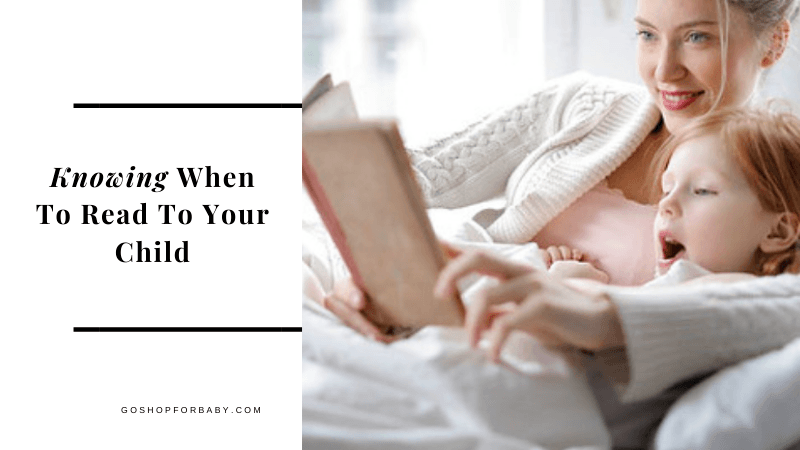Which Are The Best Types Of Children’s Books For My Child?
Fancy picturing yourself as a first time mum in a library, a physical or an online store, peering through a mountain of books and endless titles.
You are pacing back and forth from row to row with no success, wondering and asking yourself over and over again: Which are the best types of children’s books for my child?
Honestly, if I do not have a clear idea of the type of books I should be getting for my child, I might be tempted to throw in the towel altogether.
The Different Types Of Books And Learners (Readers)
When thinking about the best types of books for your child, you would have to pause for a bit to see if the books you have chosen fits well into your child’s unique needs.
One of the ways to achieve a successful reading outcome for a child, would be to give him or her the types of books that align with their particular needs.
The Books
You should bear the following in mind when choosing children’s book:
#Age Appropriateness
This is about buying the right books for the right age, and one of the essential keys to your child’s rewarding reading experience.
We do not want a complex book for a beginner, or a simple book for a child that should be getting more.
Fortunately, publishers have books appropriate for every age.
When you go to a children’s book section in a physical or online store, you’ll see books displayed under 0-2 years, 3-5 years, and stuff like that.
This makes things much easier for you.
#Categories
Here, books are grouped under classifications. Categories answer the question: What sort of book do I want?
Books are classified as fiction and non-fiction, educational, reference, game and activities, genre, and so on.
It kinda gives you an idea what to read to your child.
#Your Reading Objectives
After you have established that a book is appropriate for your child, and you have a clear idea of the sort of book you want, the next thing is to ask yourself why that particular book.
The why answers the question: Is my child reading for relaxation or reading to know?
Reading, no matter the reason, is excellent for your child’s holistic development, be they physical, intellectual/ cognitive, language, emotional, cultural, social, and mental.
If reading is for relaxation, you can read bedtime storybooks, quirky and silly stories, bible stories, adventure, myths and legends and things that spark your child’s interest.
Reading to know is particularly beneficial to babies and toddlers, to whom you would want to introduce the basic concepts of language like sound, pronunciation, vocabulary, shapes, numbers, and so on.
It is not to say that your independent reader does not have reading objectives. For them, it is mostly for comprehension, better writing, vocabulary building, information, and so on.
I will be telling you more about this as you read further. See Children Have Different Needs below.
# Publishers
And then you would have to consider the publishers, as in what publisher does what best, if you want to think along those lines.
Maverick publishers offer good support for letters and sounds.
Ladybird publishers are great with the classic stories and all round reading.
The Oxford Reading Tree Books are ideal for introducing your child to stories, they come highly recommended by teachers.
#The Book Form And Style
When I talk about the form and style, I mean the way the book comes. It is both the visible form and distinctive appearance of the book.
I am talking about whether the book is a cloth, board, pop up, audio, chunky board sound, illustrated or a picture book plus the physical book itself – hardback or paperback.
Each of these forms and styles works well for a specific learner/reader (child).
The Child
Remember that I told you that one of the ways to achieve a successful reading outcome for your child, would be to give him or her the types of books that align with their particular needs.
Generally speaking, children fall into four learning styles. So, we have kinesthetic, auditory, and visual, reading and learning learners.
Your child could have a bit of all four features or have a combination of two or three or the one dominant trait.
His or her learning style will determine which books are most suitable for them.
Next, I will explain what these are and proceed to match the child to the type of books that will work well for them.
#The Kinesthetic Learner
If your child is a kinesthetic learner, it means that he or she loves to learn by being physically engaged, by doing something.
Such children thrive more on activity and fun based learning.
For them to fully understand the concept of what they are being taught, they would have to be involved in one form of activity or another.
They love to use their hands and bodies to fully comprehend concepts.
A kinesthetic learner likes to dance, dramatise stories and enjoy learning with props like letter titles.
The best types of books for a kinesthetic learner child is the touch and feel books, chunky board sounds books, cloth books that make squeaky sounds, fun, games, and activity books and so on.
# The Visual Learner
If your child is a visual learner, it means that they understand concepts best when visually stimulated, by seeing something.
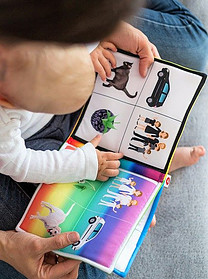
They are fast learners and pick up writing quickly because they do well with print, matching letters with images and observing how letters are written.
Your visual learner child would love the picture, pop up, and heavily illustrated books.
He or she would love to draw pictures.
Cloth books are ideal for babies and infants who are visual learners because they are bright colours and are three-dimensional in some cases.
#Auditory Learners
If your child is an auditory learner, it means he or she learns best by listening, by hearing something.
They love you to read aloud to them, and thrive best through verbal communication.
Your auditory learner child will do well with audio books, sound books and music.
Reading and Writing Learner
This is self-explanatory. This child loves to sit in a quiet place to read and also loves to write as well.
They do well with novels, storybooks, and writings.
If your child is a reading and writing learner, books that come with journals and interactive books are great.
Rachel Renee Russell’s book Dork Diaries How to Dork Your Diary comes to mind.
My daughter read it when she was nine years old.
Children Have Different Needs
Children’s literacy needs and interests vary from age to age.
The best choice for an independent reader would be unsuitable for an infant or toddler whose needs are different.
While older children will need materials to help them develop their vocabulary and comprehension skills further, infants or toddlers should be given materials that will help prepare them for reading on their own.
Things To Consider
Infants literacy needs are rudimentary.
Books that focus on early learning concepts like pronunciation, the alphabets, sight vocabularies, counting, shapes, colours, phonics, sounds, educational (parts of the body), milestone moments (introduction to potty training), and things like these, are what you should be focusing on.
Even the kind of storybooks will vary depending on the age of the child.
Infants and preschoolers tend to love simple stories that express feelings, connections, and things like that.
I would say personalised books too are exciting for children at this stage.
Independent readers, on the other hand, tend to gravitate more towards particular authors, or specific characters or themes/genres.
Books like Captain Underpants, The Diary Of A Wimpy Kid, Heather Feather, The Lion, The Witch And The Wardrobe, The Dork Diaries, and authors like Jacquline Wilson, Jeff Kinney, Percy Jackson, C. S Lewis and Rachel Renee Russell, come to my mind.
Click here to read our review post: Children’s Books You Ought To Buy For Your Child.
Helpful Tips
Remember that children typically enjoy learning by sight, touch, listening, and reading and writing.
I would say to introduce a variety of book forms and styles to your child, and watch which they gravitate more too.
Learning is dynamic. Be open and give your child variety.
If you decide on purchasing any item through any of the retailer links provided on this site, I may earn an affiliate commission as a result.This is not a sponsored post.
(Kindly refer to our affiliate disclosure for more information).
Please click here to check out this collection of children’s books from Amazon
In The Event Of This Happening
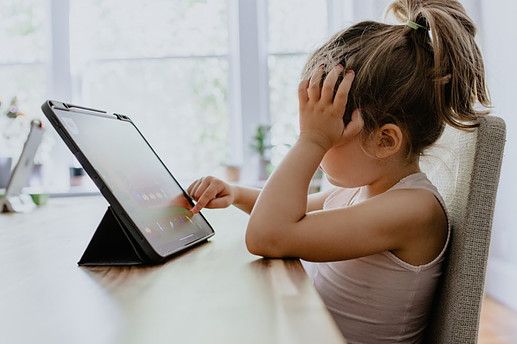
Some children may not be as enthusiastic about books as you might want them to be for a season. It happened to me.
My ten-year old went through a phase where she went off books.
What happened was that when she started kindergarten, she learned words by sounding them out, which threw her off slightly.
She came home with a book full of phonemic sounds, and had great difficulty sounding them out.
For her, reading meant having to sound out words, which was challenging for her.
I also made the mistake of making her feel that reading was something she had to do.
I was conflicted by her love for hearing me read to her, her ability to comprehend stories effortlessly, knowing the lines by heart, and her dislike for reading on her own, even age-appropriate books.
We had a conversation recently about it, and she explained why.
She said:
” When I was younger, they’re teaching me the sounds at school.
You know, over pronouncing them made my reading funny, and I didn’t like it, so that was one of the things that put me off.
I hated reading because I found it difficult!
But I liked it when my mum had read to me because she was fluent, and I found it exciting.
Her facial expressions, the drama in her voice, the fluency, unlike when I was reading to myself.”
She also said:
“My parents made me do it, you know, it wasn’t fun anymore.
It was something I had to do, not something I wanted to do, that made me not like it, being pressurised to do it.”
Eventually, she outgrew that phase.
I hope too, that you will learn from my mistake.
Today, she does not get enough of her novels from her favourite authors.
She needed some time to settle into the new world of sounds.
Once she got a grip on it, she started flying it.
Finally…
Reading to your child early is important for his or her holistic development, which includes physical, intellectual/cognitive, language, emotional, cultural, and social as well as mental well being.
On top of that, it makes classroom learning easy for the child because he or she can comprehend and absorb information, and would have imbibed good study skills.
Your child may sometimes find reading on their own tough as mine did, despite that you started early.
I would say, be patient. Give the child time.
Conclusion
So, mums, I told you about the different types of books and learners (readers), and that matching the right kind of books to each learner makes for a better reading experience for the child.
It helps you to answer the question: Which are the best types of children’s books for my child?
Next time, I will be bringing you the concluding part of this series.
I’ll be telling you about some of the books I read to my children and why I liked them.
Until then, please stay safe and kindly leave your comments below.

